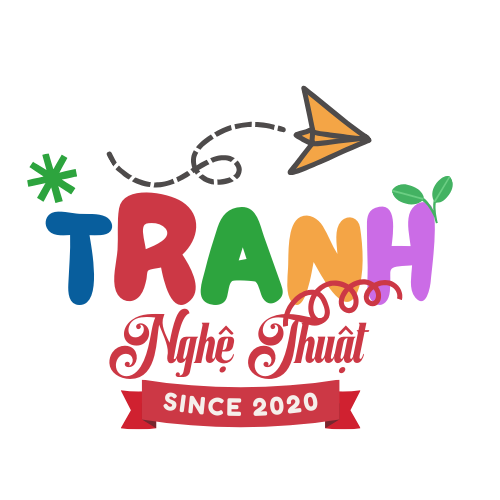The travel industry in 2025 stands at a juncture of advancement and responsibility. As global tourism surges to pre-pandemic levels, travelers and industry entities alike are navigating a landscape transformed by environmental priorities, digital innovations, and shifting consumer preferences.
## Eco-Friendly and Eco-Conscious Travel
The necessity for sustainability has become a foundation of modern travel. By 2025, the tourism sector is projected to generate 6.5 billion metric tons of greenhouse gases, necessitating swift interventions. Destinations like Costa Rica and Bhutan are leading this charge, with the latter maintaining its status as the world’s only carbon-negative country through stringent guest quotas.
Regenerative tourism models, such as New Zealand’s Māori-led sustainable excursions, are building popularity. These programs reflect a broader shift: 73% of travelers now prioritize brands with strong environmental policies.
## Customization and Bespoke Experiences
Premium tourism in 2025 is synonymous with extreme customization. Sophisticated tourists seek life-changing trips adapted to their unique interests. Providers like LuxGroup emphasize “ethical luxury,” blending pampering with traditional engagement.
AI technology is reshaping trip planning, enabling adaptive schedules that adjust to immediate interests. This trend aligns with findings that 64% of luxury travelers prefer personalized offerings over standardized options.
## Avoiding Overtourism Through Ingenuity
Overtourism remains a significant problem, prompting travelers to seek “substitute spots” and non-peak period trips. Cities like Ljubljana are mitigating congestion through car-free zones and pedal transportation systems.
Governments are stepping in; Amsterdam and Majorca have implemented visitor caps and etiquette standards to maintain local ecosystems.
## Technology’s Role in Seamless Exploration
AI’s influence extends beyond personalization into process optimization. AI agents handle 24/7 customer inquiries, while data projections optimize flight schedules and hotel pricing. Digital simulations previews allow travelers to “trial” destinations before booking.
Apps like Seven Corners optimize trip management, offering real-time updates on weather, crowds, and transportation delays. Blockchain technology enhances clarity in carbon offset programs.
## Longer Stays and Cultural Immersion
The era of whirlwind tours is fading. Luxury travelers are commonly opting for two-week stays to deepen cultural connections. Families are increasingly embracing “professional voyages,” blending remote work with prolonged visits.
## Event-Driven Travel and Unique Adventures
“Event hopping” has exploded, with fans traveling worldwide for major events. Astrotourism—exemplified by skywatching in Chile’s Atacama Desert—reflects increasing demand in astronomical events.
## Wellness and Digital Detox
Self-care journeys is evolving beyond wellness centers to encompass comprehensive wellness. Unplugged getaways combine meditation with organic cuisine, aligning with a 95% increase in demand for wellness-focused itineraries.
## Financial Approaches and Budget-Aware Travel
Travelers are utilizing rewards systems and combined packages to maximize value. Financial perks are being deliberately exchanged for upgrades, reflecting a shift toward “smart luxury”.
## Summary
The travel landscape of 2025 is defined by its duality: a hunger for exploration balanced by principled stewardship. As destinations harmonize progress with conservation, stakeholders can ensure tourism remains a connection—not a obstacle—to a more connected and conscientious world.
